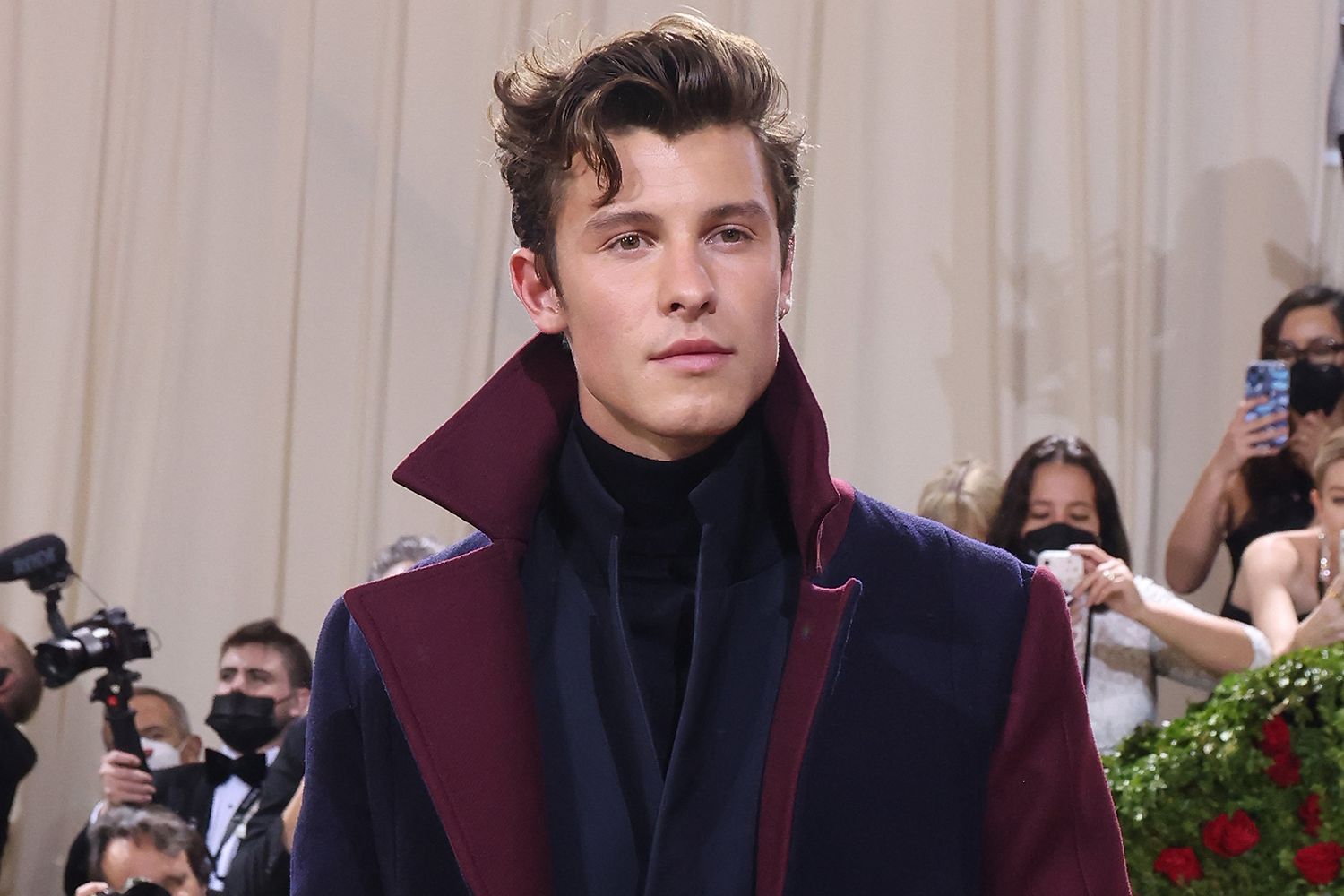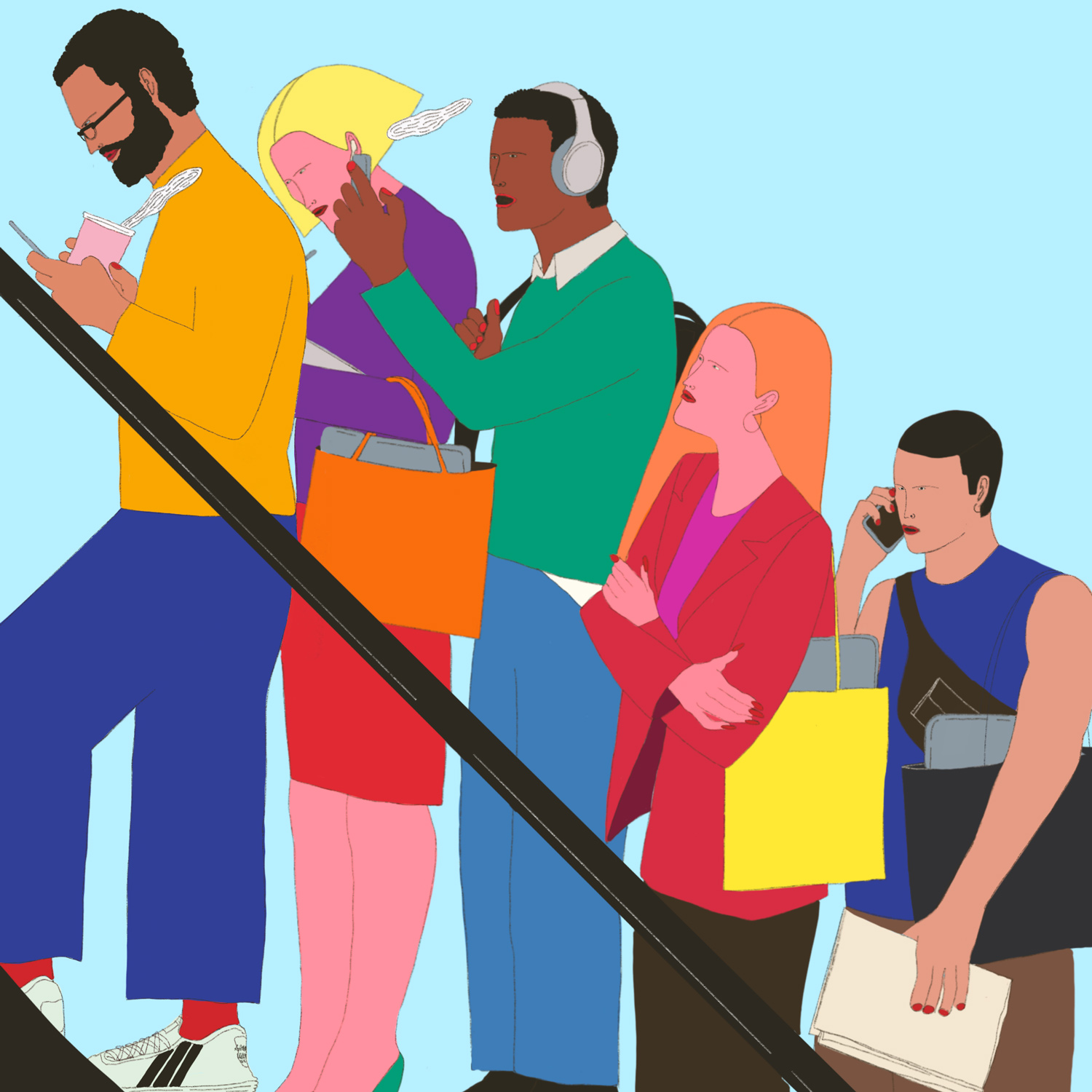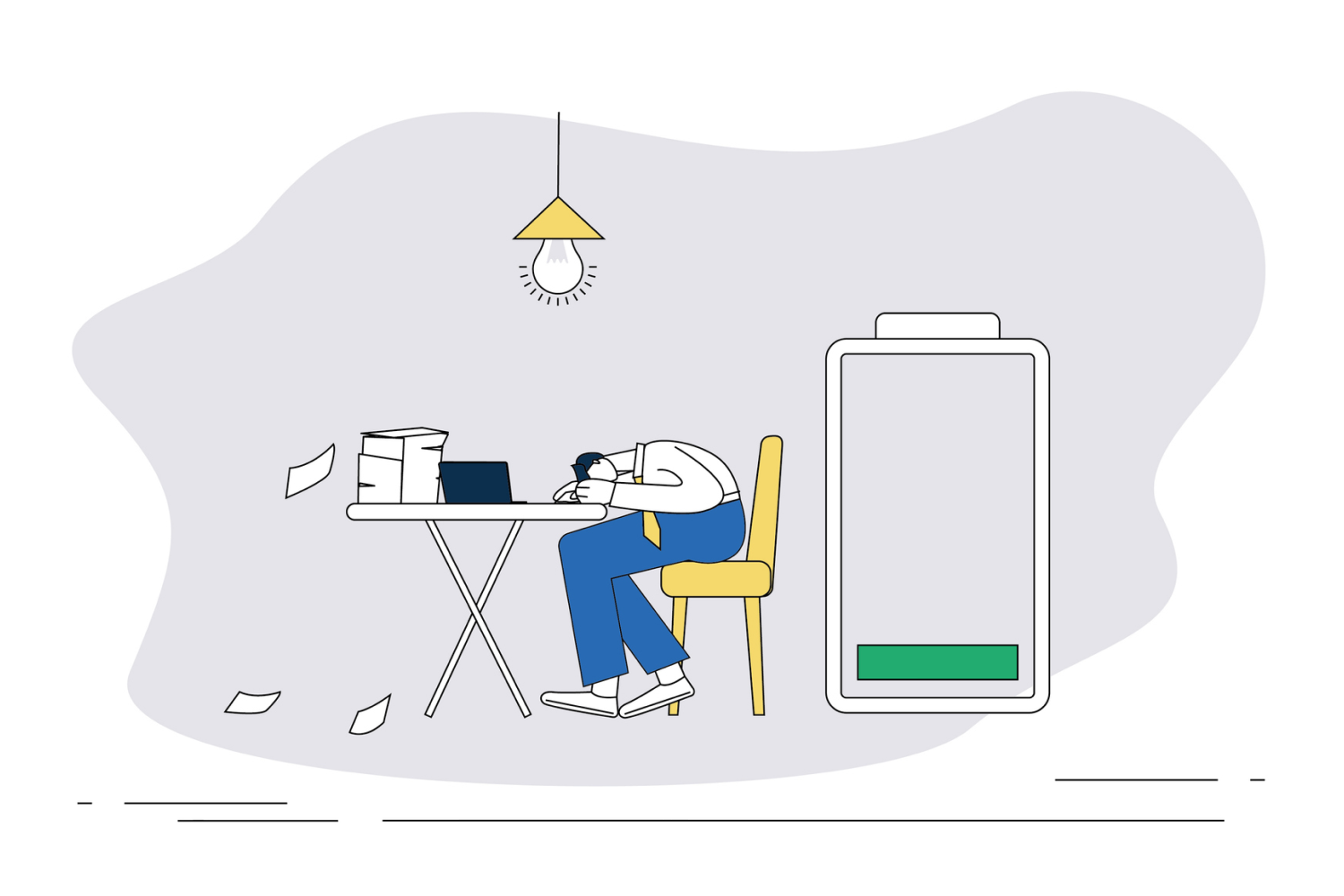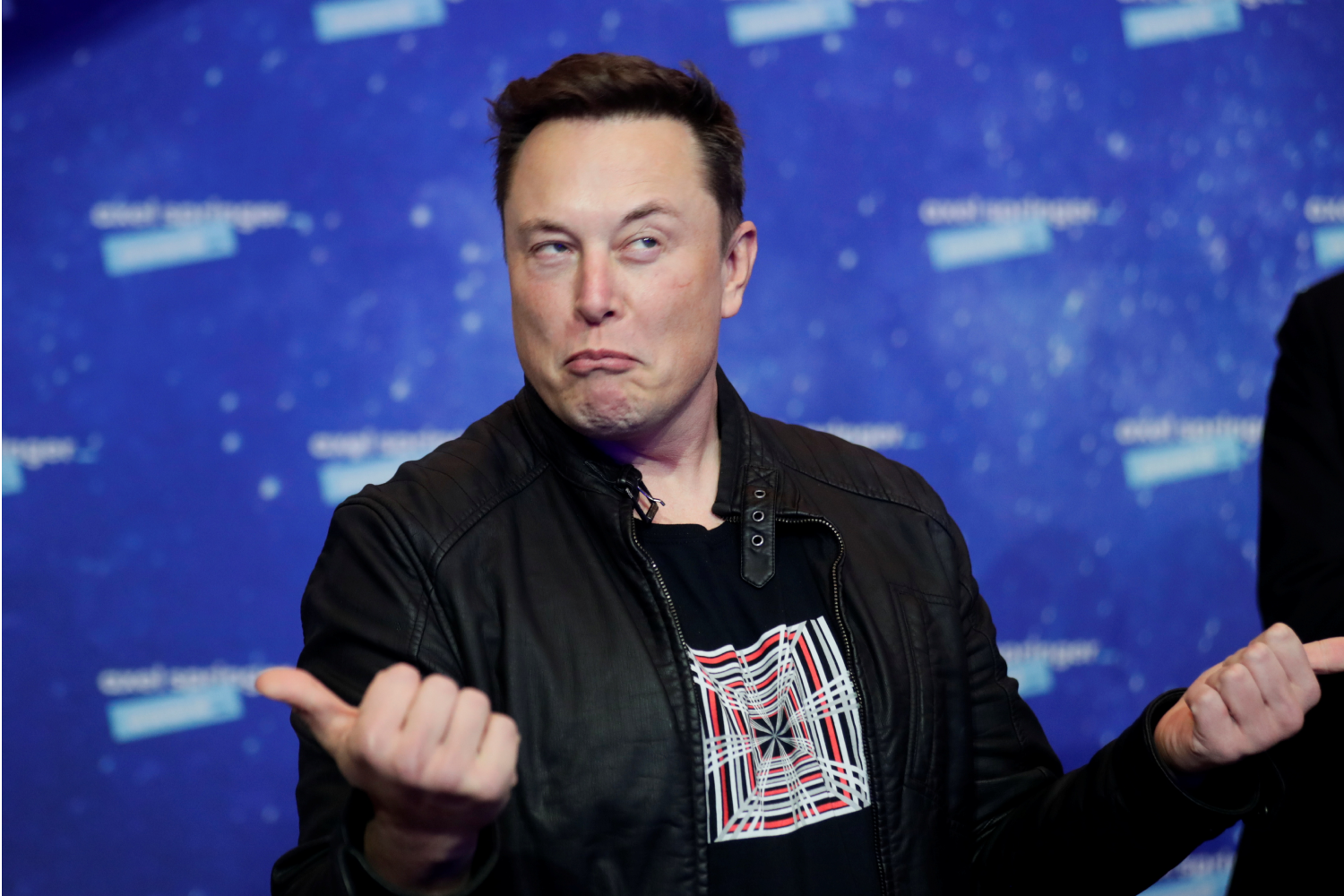Shawn Mendes Is the Latest Gen Z Celeb to Prioritize Mental Health Over Work

Canadian pop star Shawn Mendes is putting his work on pause. On Wednesday, he took to Instagram to announce he is cancelling the rest of his Wonder world tour to focus on his mental health. Earlier in July, the 23-year-old postponed the North American leg of his tour for three weeks for the same reason.
While Mendes doesn’t have a typical job or workplace, his choice to put his well-being before his career is part of a larger Gen Z trend. More young employees are speaking out about their struggles, taking breaks from work to recharge or quitting jobs that don’t serve them—a shift that’s been amplified by the pandemic.
Research from RBC Insurance shows that most Canadians between the ages of 18 to 34 are struggling with their mental health. The pandemic and cultural change around openly talking about well-being is pushing Gen Z workers to contemplate their relationship with their jobs, and unlike their parents, they aren’t afraid to vocalize their concerns. In fact, 83 per cent of Gen Z workers say they want mental health days at work and 42 per cent insist they would quit their job if they were experiencing burnout and suffering from poor work-life balance, a recent TalentLMS and BambooHR survey found.
Younger workers are demanding more from workplaces
Nita Chhinzer, an associate professor of leadership and organizational management at the University of Guelph, says part of this shift is because Gen Z doesn’t want their lives to revolve around work; they are less willing to sacrifice personal values or well-being for a paycheque. Instead, they view working as something they need to do in order to pay bills and survive. One reason is that this generation has grown up seeing their parents commit to jobs only to be laid off during the early 2000s financial crisis. “That’s done a lot to shape the perspectives that [Gen Z has] about work,” says Chhinzer.
As a result, many young workers are refusing to accept the bare minimum and make personal sacrifices. Millennial preferences for things like flexible schedules and work-life balance have now become expectations for Gen Z. During the pandemic, when remote work became the norm, young employees rejoiced and now want it to remain: Workers aged 18 to 34 are nearly 60 per cent more willing to quit their job compared to their older peers if they were told they could no longer WFH, research from McKinsey found.
But perks aren’t the only thing workers born in the late 1990s and early 2000s care about. Chhinzer says younger employees aren’t just working for money to pay rent, but to derive more value from their work. A lot of Gen Z job seekers will hold out on accepting a job offer in order to work for an organization that’s aligned with their values, such as caring about altruism or the climate crisis. It’s a demographic that also looks for professional growth opportunities at work, according to Chhinzer.
Stars outside of Mendes have also spoken out about mental health and work. Singer Billie Eilish has talked about her depression and body dysmorphic disorder and how it affects her work, and fellow Canadian Justin Bieber revealed his struggles with depression after he cancelled tour dates in 2017 for personal reasons. His experience caused him to make changes in his professional life: Bieber recently shared that the crew working on his current Justice world tour will have access to free mental health care, and as part of his partnership with online therapy platform BetterHelp, Bieber also offered his fans a month of free therapy.
Not everyone can afford to take a mental health break from work, which is why workplaces should look to become more accommodating. Canada is facing one of its tightest labour markets on record and Gen Z will make up more than 25 per cent of the workforce by 2025, meaning employers may need to rethink their approach to attracting and retaining them. Chhinzer thinks organizations that can capitalize and meet the needs of Gen Z workers will benefit from the new perspectives, creativity and diversity they bring. Chhinzer thinks that this generation, when motivated, can change the world. “It would be such a loss to hire a brilliant mind and lose them because you didn’t care for their individual well-being.”










